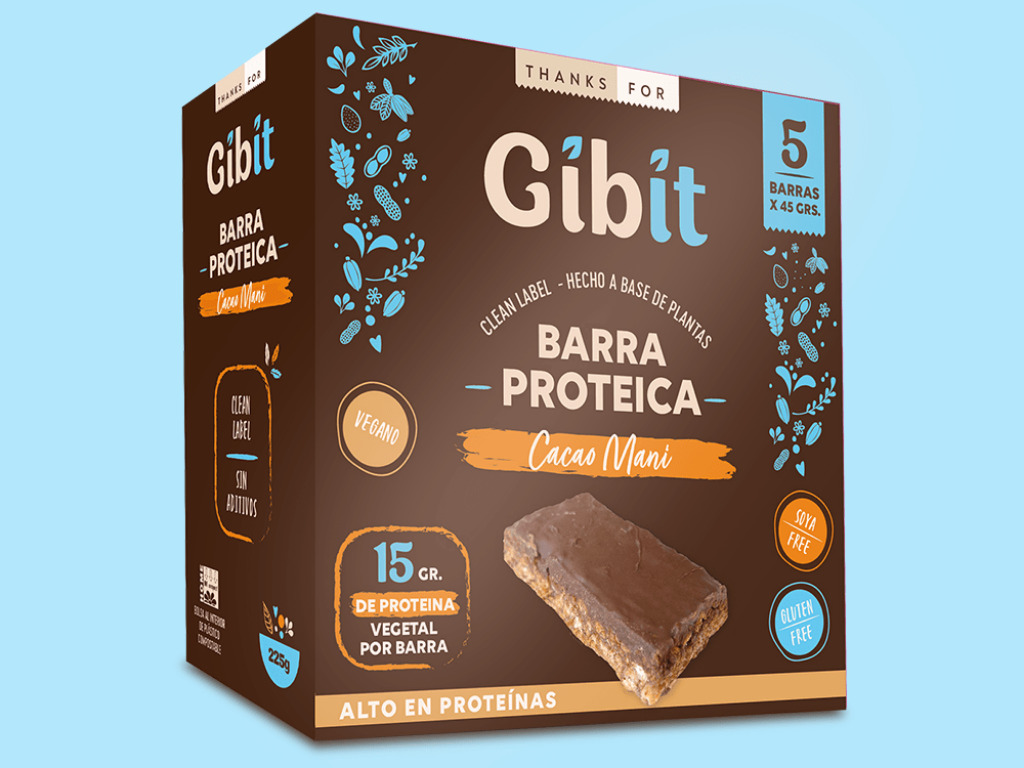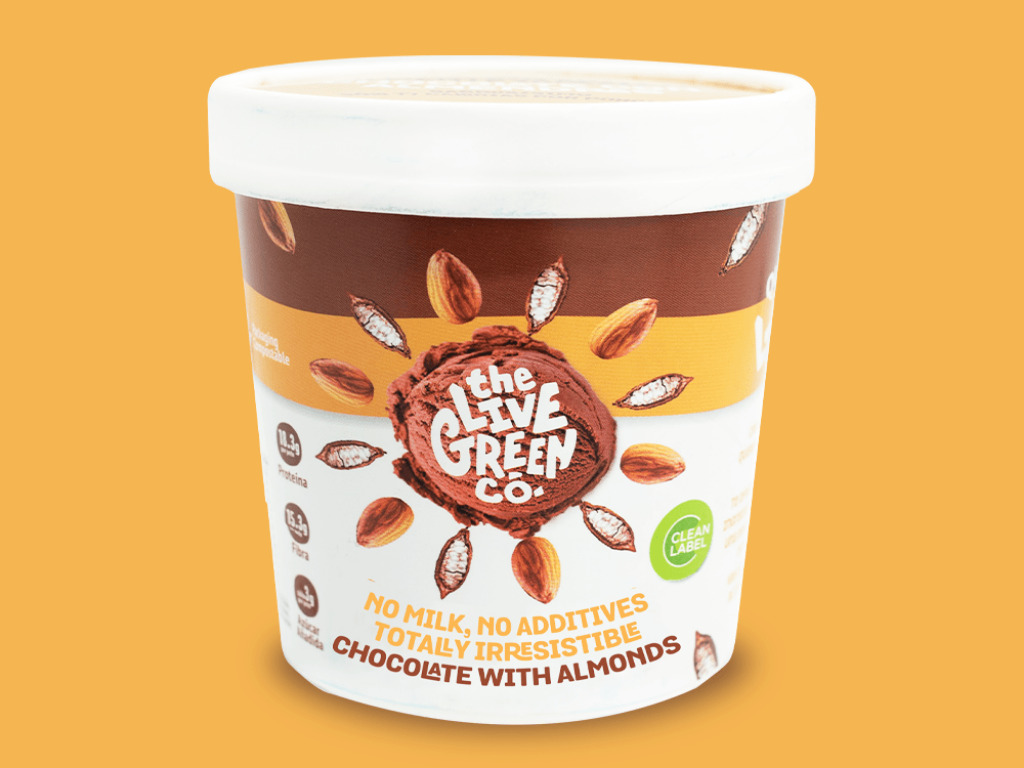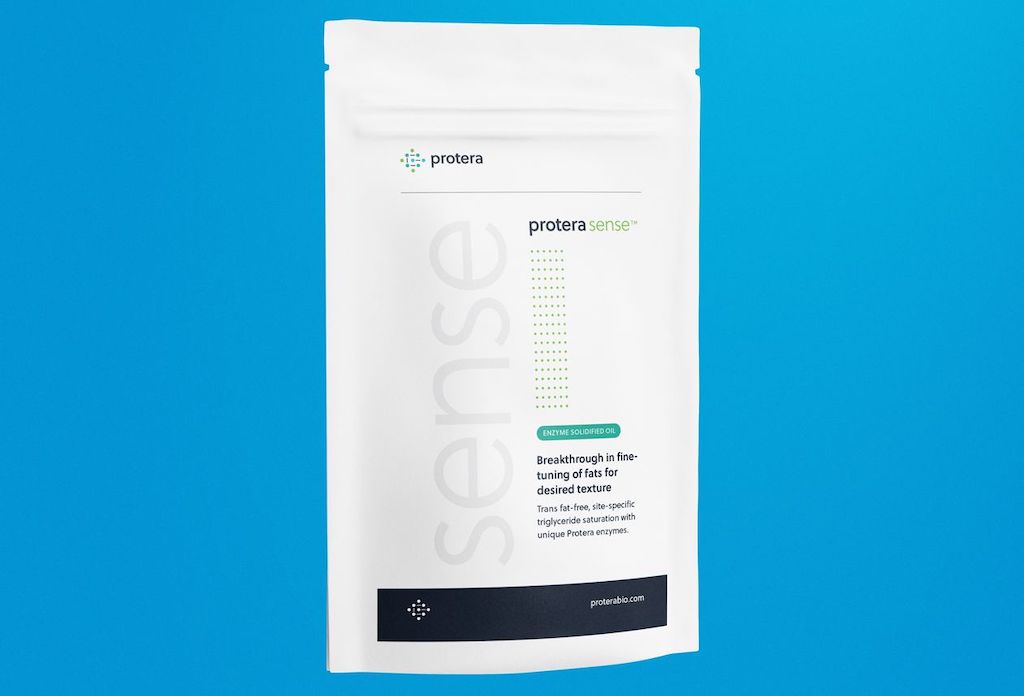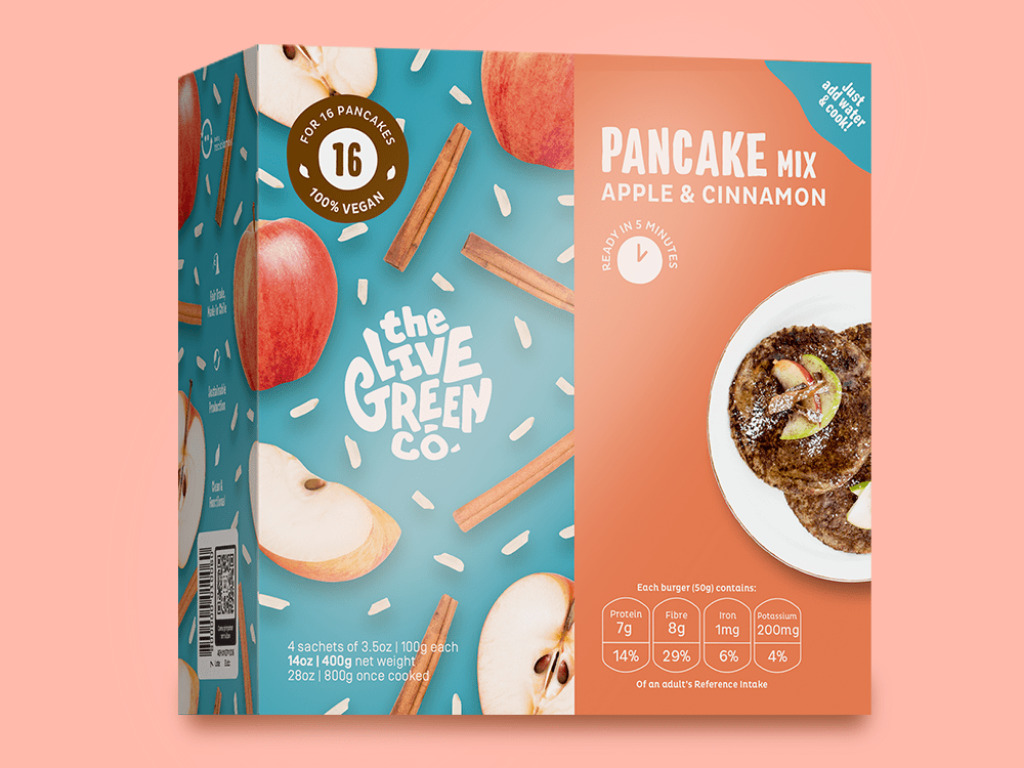The Live Green Co Vows To Put Chile At The Forefront Of Sustainable Food Production With Five-Company Merger
4 Mins Read
Chile’s The Live Green Co (TLGC) has announced its acquisition of five individual Chilean food companies, a move designed to leverage TLGC’s widespread market presence while proving out its AI technology across a spectrum of product categories. All acquired companies specialise in sustainable food or packaging development and are fully plant-based, aligning with TLGC’s values.
Boston-based, following a successful $7 million pre-Series A in January this year, TLGC cites putting Chile firmly on the sustainable food map as a driving motivation. Its proprietary AI system, dubbed Charaka, will be at the disposal of all five newly acquired brands. Each will operate independently but have access to a support network led and owned by TLGC, to take on big names already in the market.

A new dream team
TLGC has already made a mark on the food production sector with its AI formulations that dramatically reduce R&D times. Last February, it revealed that a new plant-based ice cream took just 90 days to go from concept to market-ready. Now, it is aiming to offer fellow Chilean startups access to the same technology to further their own brands.
Terrarium, Aztlan, Gibit, Regional Food, and EcoKetrawe cover a range of product categories. Vegan foods developed using cholesterol-lowering legumes, protein supplements, and vitamins are all represented.
One of the more telling acquisitions is that of EcoKetrawe, a sustainable packaging manufacturer. This demonstrates a concept to commercial launch commitment to treading lightly. It will benefit the other four brands as well, who will gain access to environmentally-friendly container options at, presumably, preferential rates.
“By integrating these like-minded entrepreneurial businesses into our company’s pursuits, The Live Green Co will commence a healthier and more sustainable chapter for the food industry,” Priyanka Srinivas, founder, and CEO at The Live Green Co said in a statement about the merger.
“We hope to create a platform that can help build out more plant-only options, making this more sustainable choice achievable to all by utilizing both the power of unity and the power of Chile.”

Chile’s contribution to the global market
Thanks to TLGC’s existing presence in the U.S., Mexico and Peru, the startups joining TLGC’s family will have faster access to new distribution channels that might have been some way off. Conversely, markets will gain access to sustainable foods formerly only available in Chile. Chilean lupine is specifically highlighted as a protein source that is woefully undervalued outside of its home country.
The overall operational mission of the merged companies is to lead the sustainable food sector by example. Clean label all-plant creations hailing from Chile and available across the world are being heralded by TLGC as the ultimate unified effort to usurp unhealthy food systems.
“There is a great spirit to improve in Chile and this energy has been inspirational fuel to The Live Green Co’s pursuits as a company,” Juan Hurtado, director of growth for Latin America, The Live Green Co, said in a statement.
”The Live Green Co is on a mission to bring together entrepreneurs focused on bringing healthy eating to the global market, and we hope by merging with these like-minded companies we can showcase Chile as a leader and an example in the international sustainable food market.”

Chile’s ‘other’ AI giants
Also looking to make Chile a leader in sustainable food tech is unicorn startup NotCo and food waste-fighting Protera. The former has recently made waves with its Kraft Heinz partnership. The two have co-created an entirely new company, the Kraft Heinz Not Company, to leverage each other’s strengths and develop a plant-based portfolio of AI-developed foods. The news came after a bust few months for NotCo, having secured $235 million in a Series D raise last year, then unveiling its new vegan chicken line in January.
Protera, now headquartered in Paris but founded in Chile is taking a different approach. Still using AI technology to identify ways to recreate non-vegan foods without the animals, it targets food waste at the same time. Protera cites extending product shelf life in a bid to cut food waste and eliminate food insecurity as its defining characteristic. The result, when brought to market, will be clean-label food ingredients with a cause. The startup raised $10 million in a Series A last August to progress its mission.
Lead image by The Live Green Co.




